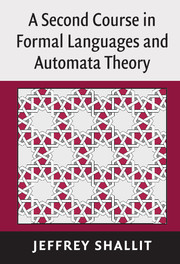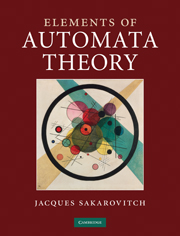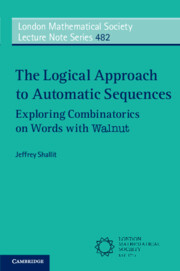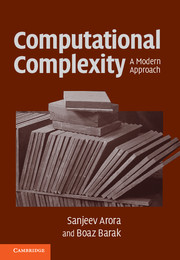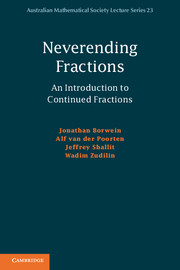A Second Course in Formal Languages and Automata Theory
Intended for graduate students and advanced undergraduates in computer science, A Second Course in Formal Languages and Automata Theory treats topics in the theory of computation not usually covered in a first course. After a review of basic concepts, the book covers combinatorics on words, regular languages, context-free languages, parsing and recognition, Turing machines, and other language classes. Many topics often absent from other textbooks, such as repetitions in words, state complexity, the interchange lemma, 2DPDAs, and the incompressibility method, are covered here. The author places particular emphasis on the resources needed to represent certain languages. The book also includes a diverse collection of more than 200 exercises, suggestions for term projects, and research problems that remain open.
- Covers many topics, such as repetitions in words, state complexity, the interchange lemma, 2DPDAs and the compressibility method, not covered in other textbooks
- Includes 200 exercises
- Each chapter offers suggestions for term projects and research problems in the area
Reviews & endorsements
"The book is well organized and the topics are well chosen, with many example problems for readers to attempt."
Product details
September 2008Hardback
9780521865722
254 pages
229 × 157 × 18 mm
0.48kg
12 tables 241 exercises
Available
Table of Contents
- 1. Review of formal languages and automata theory
- 2. Combinatorics on words
- 3. Finite automata and regular languages
- 4. Context-free grammars and languages
- 5. Parsing and recognition
- 6. Turing machines
- 7. Other language classes.

